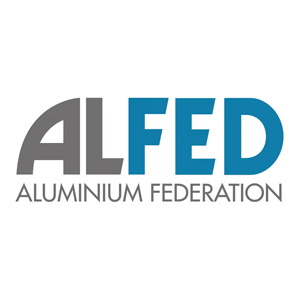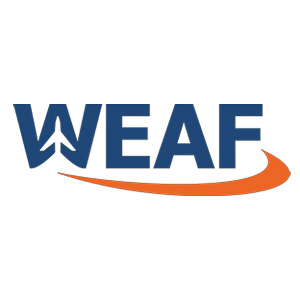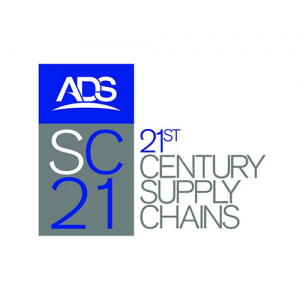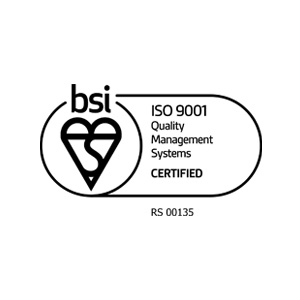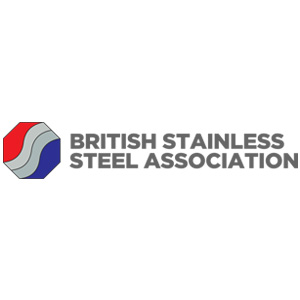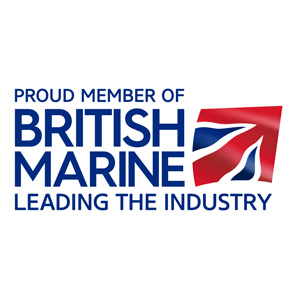
Aalco carries over 10,000 stock items covering a wide range of grades/alloys, shapes and sizes, and can cater for all your metal needs - from industry standards to special or bespoke items for particular applications or individual customers.
A martensitic machining bar with machinability enhanced through the addition of Sulphur.
As for most other free-machining stainless steels the improvement in machinability is achieved by addition of sulphur which forms manganese sulphide inclusions; this sulphur addition also lowers the corrosion resistance, weldability and formability to below that of its non-free machining equivalent Grade 410.
Martensitic stainless steels are optimised for high hardness, and other properties are to some degree compromised. Fabrication must be by methods that allow for poor weldability and usually also allow for a final harden and temper heat treatment. Corrosion resistance is lower than the common austenitic grades, and their useful operating temperature range is limited by their loss of ductility at sub-zero temperatures and loss of strength by over-tempering at elevated temperatures.
|
EN 10088-3:2005 1.4021 Steel |
|
|---|---|
| Chemical Element | % Present |
| Iron (Fe) | balance |
| Sulphur (S) | 0.03 max |
| Phosphorous (P) | 0.04 max |
| Carbon (C) | 0.16 - 0.25 |
| Silicon (Si) | 1 max |
| Manganese (Mn) | 1.5 max |
| Chromium (Cr) | 12 - 14 |
1.4021 is similar, but may not be a direct equivalent to:
420
UNS42000
1.4021, 1.4024, 1.4028, 1.4029, 1.4030, 1.4034
| Physical Property | Value |
|---|---|
| Density | 7.75 g/cm³ |
| Modulus of Elasticity | 200 GPa |
| Thermal Conductivity | 24.9 W/m.K |
| Thermal Expansion | 10.3 x10^-6 /K |
| Electrical Resistivity | 0.55 x10^-6 Ω .m |
|
EN 10088-3:2005 Bar - Up to 160mm Dia / Thickness |
|
|---|---|
| Mechanical Property | Value |
| Proof Stress | 500 - 600 MPa |
| Tensile Strength | 700 - 950 MPa |
| Elongation A | 12 - 13 % |
Mechanical properties vary greatly according the heat treatment that the material has undergone
Corrosion resistance is lower than the common austenitic grades.
Useful resistance to dry atmospheres, fresh water and mild alkalies and acids, but less resistant than the equivalent non-free-machining grades. Less corrosion resistant than the austenitic grades and also less than 17% chromium ferritic alloys such as Grade 430. High sulphur content free machining grades such as 416 are totally unsuitable for marine or other chloride exposure.
Maximum corrosion resistance is achieved in the hardened condition, with a smooth surface finish.
Not recommended - Suitable only for minor deformation. Severe deformation will result in cracking.
All hot work procedures should commence following uniform heating to 2100-2250 F (1149-1232 C). Hot work below 1700 F (927 C) may result in cracking.
Fair resistance to scaling in intermittent service up to 760°C and up to 675°C in continuous service. Not recommended for use in temperatures above the relevant tempering temperature, if maintenance of mechanical properties is important.
Grade 420 has poor weldability.
Pre-heat to 150-320°C and post-heat at 610-760°C. Grade 420 coated welding rods are recommended for high strength joints, where a post-weld hardening and tempering heat treatment is to be carried out.
If parts are to be used in the "as welded" condition, a ductile joint can be achieved by using Grade 309 filler rod. AS 1554.6 pre-qualifies welding of 420 with Grade 309 rods or electrodes.
Fabrication must be by methods that allow for poor weldability and usually also allow for a final harden and temper heat treatment.
Typical applications include:
Valve Parts
Pump Shafts
Automatic Screw Machined Parts
Motor Shafts
Washing Machine Components
Bolts and Nuts
Studs
Gears
Shear Blades
Cutlery (Blades)
Surgical Instruments
Grade 420 offers exceptionally good machinability, the highest of any of the commonly available stainless steels. Best machinability is in the sub-critical annealed condition.
This Data is indicative only and as such is not to be relied upon in place of the full specification. In particular, mechanical property requirements vary widely with temper, product and product dimensions. All information is based on our present knowledge and is given in good faith. No liability will be accepted by the Company in respect of any action taken by any third party in reliance thereon.
Please note that the 'Datasheet Update' date shown above is no guarantee of accuracy or whether the datasheet is up to date.
The information provided in this datasheet has been drawn from various recognised sources, including EN Standards, recognised industry references (printed & online) and manufacturers' data. No guarantee is given that the information is from the latest issue of those sources or about the accuracy of those sources.
Material supplied by the Company may vary significantly from this data, but will conform to all relevant and applicable standards.
As the products detailed may be used for a wide variety of purposes and as the Company has no control over their use; the Company specifically excludes all conditions or warranties expressed or implied by statute or otherwise as to dimensions, properties and/or fitness for any particular purpose, whether expressed or implied.
Advice given by the Company to any third party is given for that party's assistance only and without liability on the part of the Company. All transactions are subject to the Company's current Conditions of Sale. The extent of the Company's liabilities to any customer is clearly set out in those Conditions; a copy of which is available on request.

